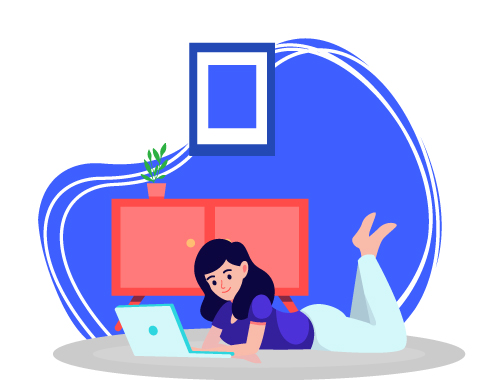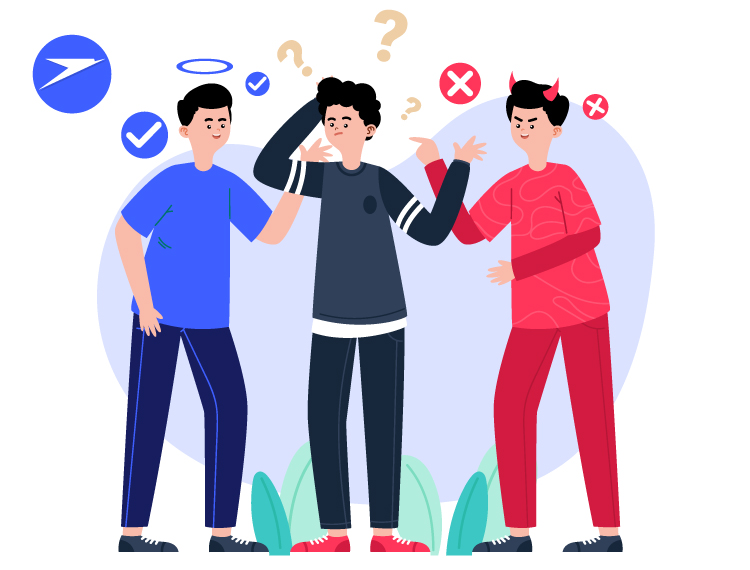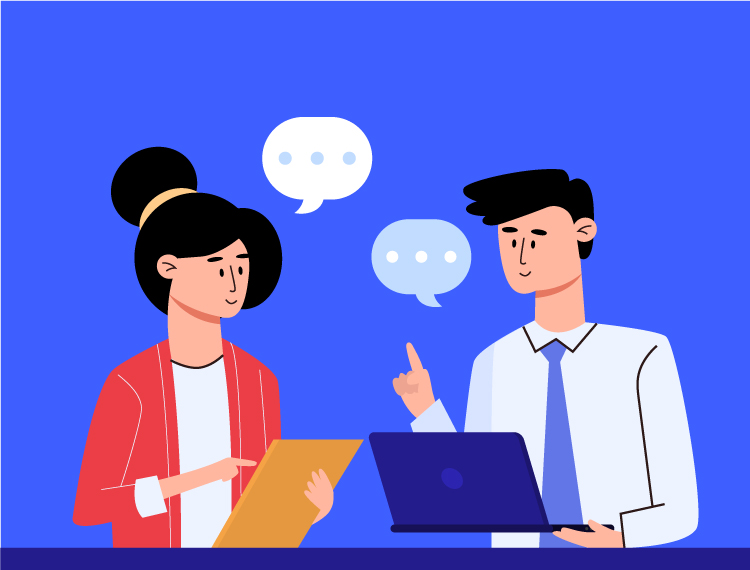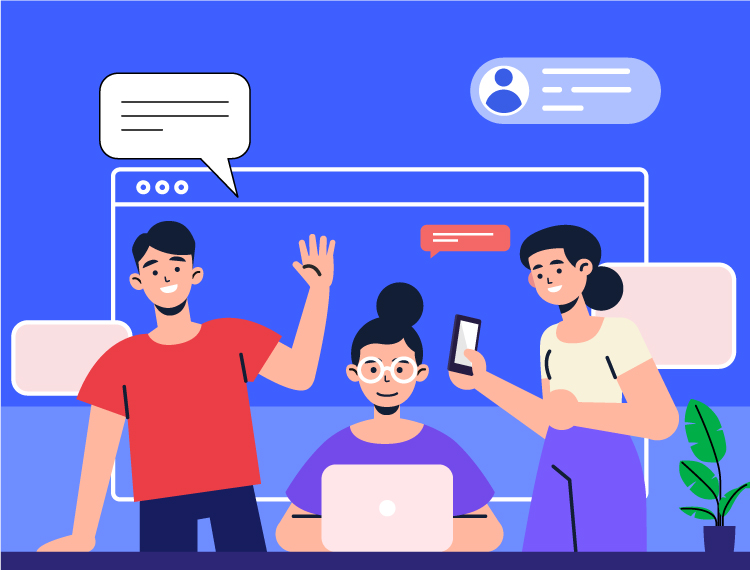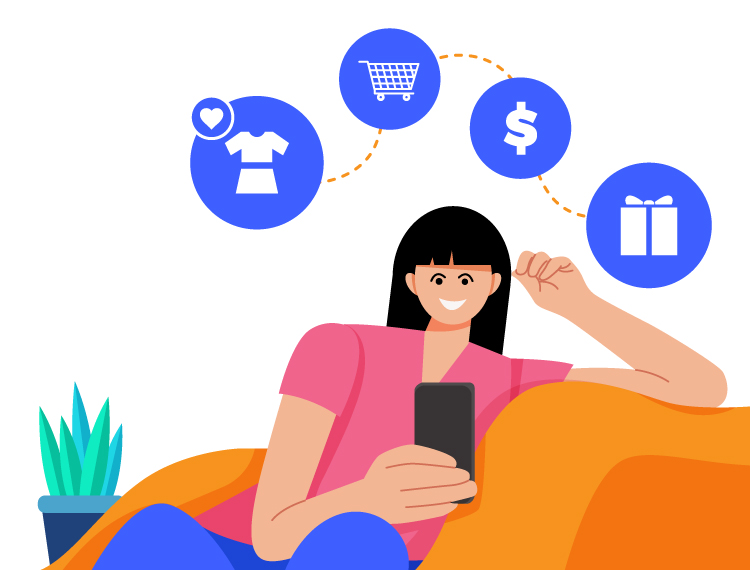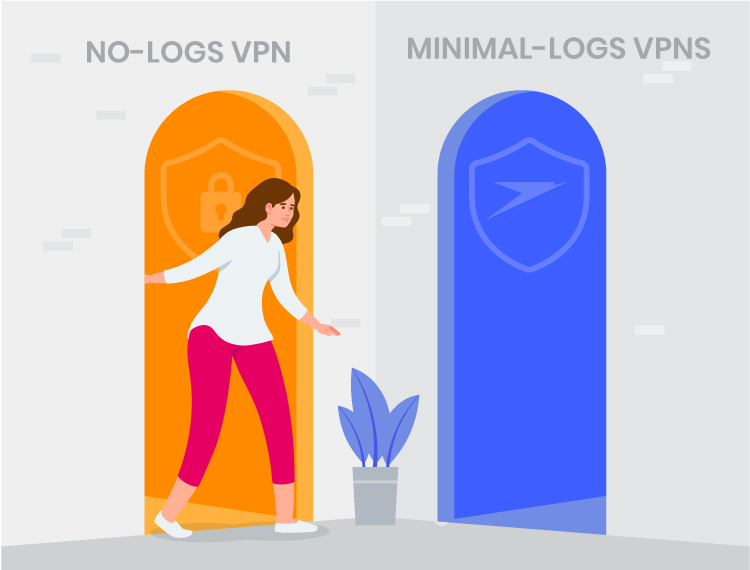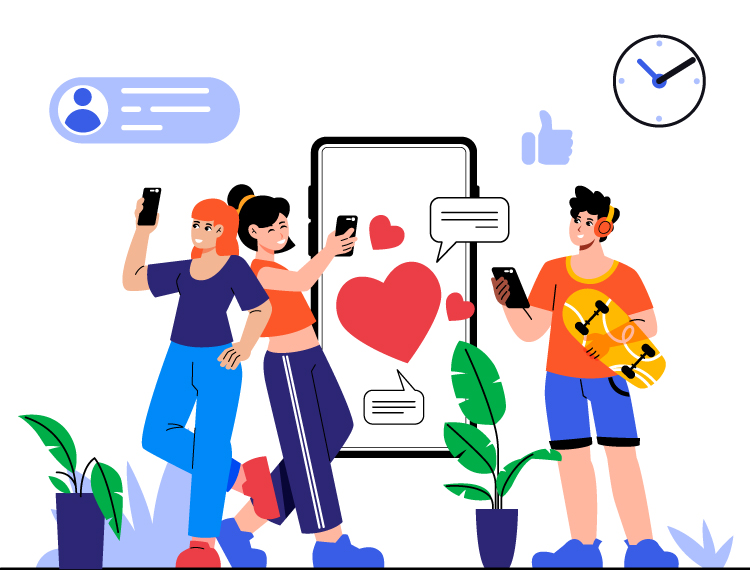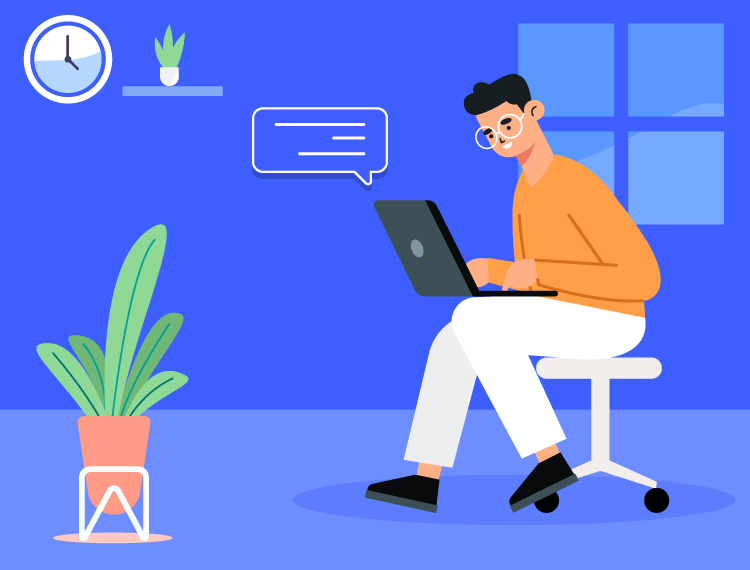In today’s interconnected world, environmental activism is as much a digital battle as it is a physical one. Protecting sensitive communications, bypassing censorship, and promoting sustainability are all essential for those fighting for a healthier planet. Virtual Private Networks (VPNs) have become a powerful ally in this mission. For environmental activists and organizations, a VPN is more than a privacy tool — it is a shield for secure advocacy and a bridge for global cooperation.
1. Securing Communications for Environmental Activists
For activists operating in regions where environmental advocacy is monitored or suppressed, digital privacy is critical. VPNs encrypt your internet traffic and mask your IP address, creating a secure and anonymous channel for communication.
This protection allows activists to coordinate campaigns, exchange sensitive documents, and collaborate globally without fear of surveillance or retaliation. In a world where speaking up can be risky, a VPN helps ensure that your voice is heard safely.
2. Bypassing Censorship to Access Vital Information
In some countries, environmental reports, scientific research, and global news are censored or restricted. VPNs help bypass these barriers by letting you connect through servers in regions with free and open access to information.
This means activists can join global discussions, participate in international forums, and share critical data without being blocked. For those advocating for the planet, access to uncensored information is a non-negotiable resource.
3. Reducing the Digital Carbon Footprint with Eco-Friendly VPNs
While digital tools consume energy, some VPN providers are working to offset this impact through eco-friendly practices. This includes using data centers powered by renewable energy, optimizing server efficiency, and contributing to carbon offset initiatives such as reforestation.
Innovative models like Green VPN actively neutralize internet-related emissions by supporting verified reforestation projects. For activists, this means you can secure your privacy while contributing to climate restoration at the same time.
4. Protecting IoT and Field Devices in Environmental Research
Environmental research often relies on drones, sensors, and IoT devices to gather data in remote locations. VPN encryption secures the connection from these devices, ensuring that sensitive data is safe from cyber threats or industrial interference.
By safeguarding field-collected information, VPNs help maintain the integrity of environmental research and protect the work of those on the frontlines of ecological preservation.
5. Enabling Global Collaboration for Environmental Advocacy
Environmental movements rely on collaboration across borders. VPNs enable activists, scientists, NGOs, and communities to work together securely on shared platforms and private communication channels.
This encrypted connectivity allows for effective coordination of campaigns, mobilization of resources, and sharing of strategies without geographical or digital restrictions.
Why Privacy Tech Matters for Environmental Causes
VPNs are more than just online privacy tools. They are an essential part of the digital infrastructure that supports environmental activism. From securing sensitive communications to enabling access to critical information, VPNs empower activists to work safely and effectively while aligning with sustainable values.
If you are committed to protecting both your privacy and the planet, choosing the right VPN is key.
Download Novix VPN on Google Play to safeguard your environmental advocacy and take action for a greener, freer internet.


